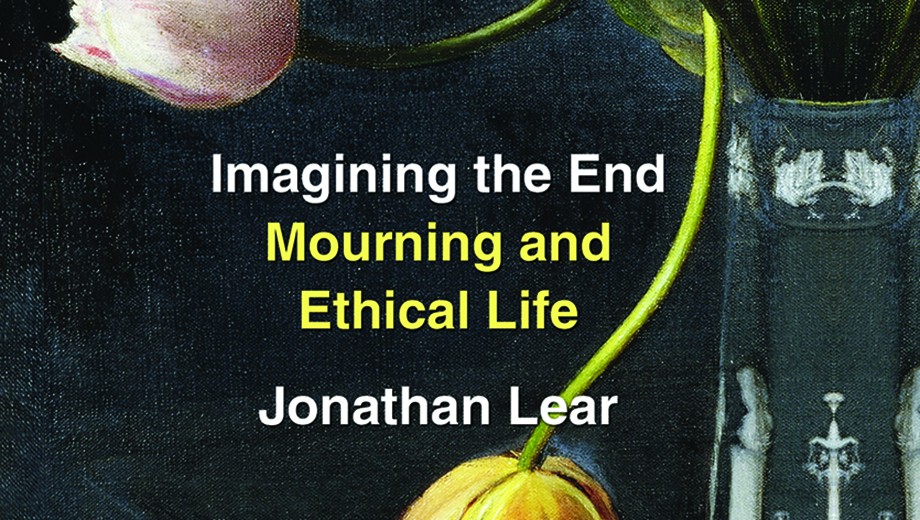In his book Imagining the End: Mourning and Ethical Life (Harvard University Press, 2022), Jonathan Lear, the John U. Nef Distinguished Service Professor in the Committee on Social Thought and Philosophy, considers how mourning gives meaning to life. This excerpt, first published in The International Journal of Psychoanalysis, begins the second chapter, “Transience and Hope: A Return to Freud in a Time of Pandemic.”
One day, when I was six years old, I got in the back seat with my sister, and our parents drove us to visit our grandparents. When we arrived, there was a party going on. Lots of grown-ups dressed up. My Grandma Jenny came over, bent down, and told me that her father, my great-grandfather, had gone off on a long trip. I barely knew who he was, and I had no idea why she was telling me this. A moment later, an older cousin walked over and said, “He’s dead.” This is the moment I realized adults lie to children.
Why do they do this? Well, “they” don’t all. There have been cultural shifts, and my sense is that these days, adults try to be more honest with children. Still, this moment is worthy of attention. My grandmother was not a reflective person, and I suspect she acted from an ingrained habit that expressed a cultural norm. Officially, the norm was to protect children—in this case, from a knowledge that would be too much for them at their age. But what knowledge is that? If my grandmother had said, “He died,” I doubt I would have learned much. What I did learn a moment later when my cousin spilled the beans was that the topic of death was treated by adults as dangerous, taboo, forbidden to children.
I am not here interested in my grandmother’s psychology but rather in a shared cultural imaginary of which she availed herself. In acting as though there is some “adult knowledge” from which one needs to protect the children, one tacitly reassures oneself that one has something—namely, the knowledge that is not to be passed on. But what knowledge is that? The cultural norm of protecting the children serves to protect the adults from recognizing that in this painful and important moment in life, they understand little or nothing.
Being an adult, so understood, thus involves playing the role of adult. It also allows gratifications of childhood play. When my grandmother said her father had gone on a long trip, I now wonder whether she was expressing her fantasy—that in playing the adult, she was, at the same time, able to return to something from childhood. Perhaps her parents had told her that a grandparent had gone on a long trip. The fantasy may have been passed through the generations—the very words passing from adult to child—without anyone particularly noticing. Perhaps my grandmother was inviting me to join her in play—a transitional space of cultural experience in which we tacitly understand that the question of whether he is really on a long trip is not to be asked. Ironically, it was a child—my older cousin—who destroyed the play space with the intrusion of reality: “He’s dead.”
Jonathan Lear (2021) “Transience and Hope: A Return to Freud in a Time of Pandemic,” The International Journal of Psychoanalysis, 102:1 © 2016 Institute of Psychoanalysis, reprinted by permission of Taylor & Francis Ltd, http://www.tandfonline.com, on behalf of Institute of Psychoanalysis.

